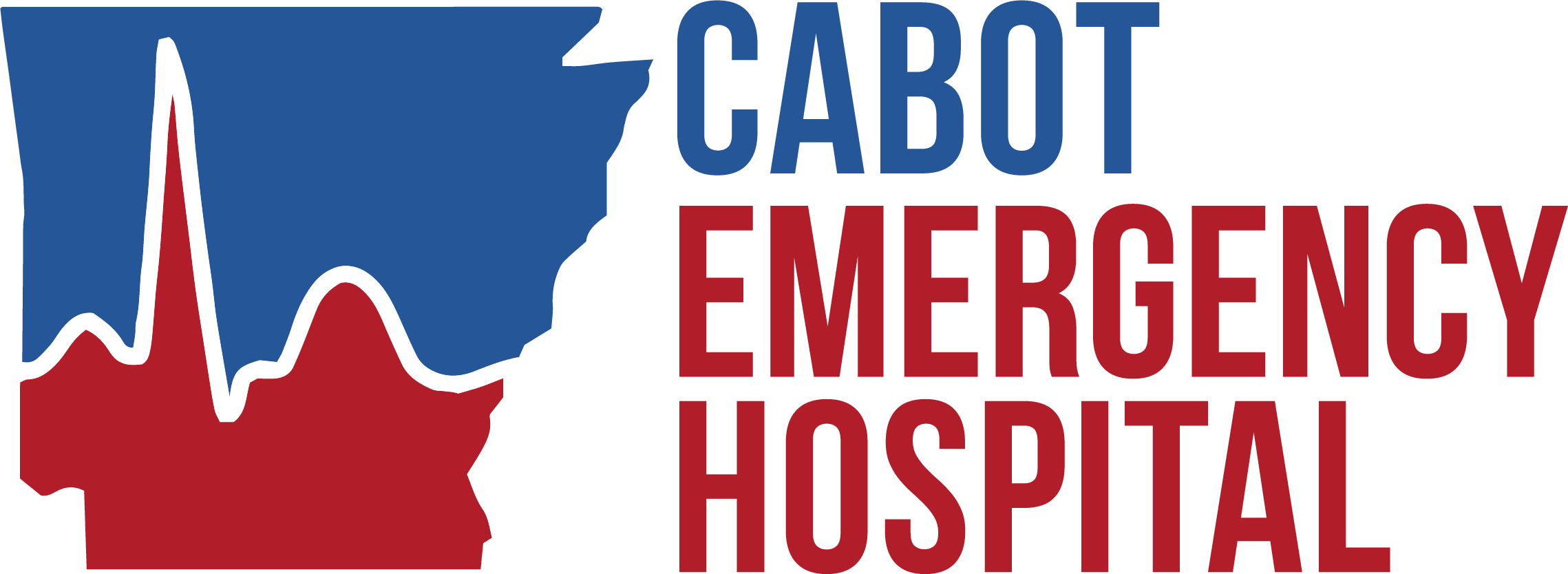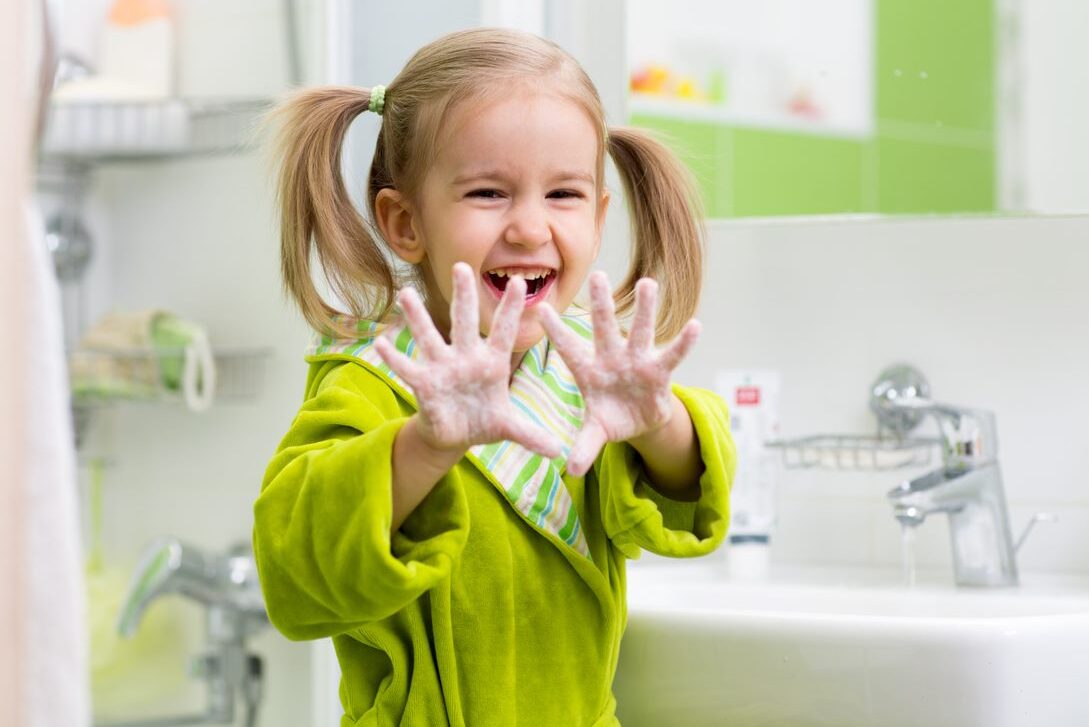As a parent, there are countless life milestones you’ve been preparing for since you had your first child. Although the first day of school is on that list, no one could have anticipated the circumstances we’re currently under. Some things may be out of our control, but there are ways to feel more prepared for what you’re walking into.
This month, we’re sharing our back to school safety tips to help our community stay healthy while navigating through these unprecedented times.
Making the Decision
The American Academy of Pediatrics states, “We recognize that children learn best when physically present in the classroom, but children get much more than academics at school. They also learn social and emotional skills at school, get healthy meals and exercise, mental health support, and other services that cannot be easily replicated online. Schools also play a critical role in addressing racial and social inequity.”
However, making the personal decision to send your child or children back to school is unique to each family, and there are many contributing factors to consider. Considerations like the wellbeing of your child, their capacity to understand the situation, whether family members are at high-risk, and more should be evaluated on a case by case basis.
Not sure if you want your children back in school just yet? Review the Center for Disease Control’s (CDC) decision-making tools for parents, caregivers, and guardians here.
Talk About It
By now, children of all ages are aware of what’s going on to some extent. Their daily lives obviously look much different than they did a year ago. However, it’s crucial that parents take the time to explain what’s happening, set expectations, and openly converse with children about what this new school year will entail before they go back. Each child’s age and development will have an effect on how they perceive and react to the information, so it’s best to take an individualistic approach when talking to them.
The CDC recommends you communicate, educate, and reinforce:
1. Communicate: Being open and honest with your kids will help them to better understand what’s going on. Although you don’t want your child to be fearful of going to school, explaining the reality of their situation will help them take it more seriously. Listen to your child’s concerns, and remind them that they can always confide in you. Some kids may need more nurturing than others through these changes.
2. Educate: Teach your children why it’s important to stop the spread by wearing a mask, washing our hands, not touching our face, and social distancing. Educate them on what a virus is and how it spreads and infects through passing germs, as well as ways we can protect ourselves from it. The less of a mystery it is, the more they’ll understand the reasoning behind what you’re asking of them.
3. Reinforce: Highlight what you’re teaching them by reinforcing consistent hand washing, face covering, and social distancing while out in public and where it applies at home. By reinforcing these rules and practices, they’ll feel less foreign and easier to implement into a school setting for kids.
Take Precaution
It’s going to feel odd for kids to wear masks and try to keep a safe distance from their friends. When it boils down to it, kids will be kids, but there are precautions schools should be taking to ensure they are doing their part to keep their students safe.
Questions to ask your children’s school or teachers:
- Will hand sanitizer be widely accessible?
- What changes have been implemented in the classroom and school to promote social distancing?
- What’s the daily cleaning protocol?
- Has the sanitation of shared spaces increased, like the bathrooms, hallways, cafeteria, classrooms?
- What’s the risk management plan if someone at school tests positive for COVID-19?
- How are you keeping up with the cases and spread in the community?
- What kind of PPE is the school providing or requiring staff to have?
- Will children’s temperatures be monitored by the school?
This is uncharted territory, and sometimes all you can do is trust your gut and take comfort in knowing you’ve done the best you can. At the end of the day, let your parental instincts guide you to what feels comfortable for your family.
Just remember, there’s no such thing as being overly cautious right now—it’s always better to be safe than sorry!
Here are ten more back to school safety tips for parents:
- Keep up with immunizations
- Visit the doctor for a check-up
- Keep the school nurse up to date on health issues or concerns
- Review safety information with your children
- Demonstrate proper handwashing techniques
- Practice no-contact greetings
- Invest in a mask they’ll want to wear
- Pack hand sanitizer in their backpacks and lunch boxes
- Take their temperature every morning
- Closely monitor for symptoms or signs of COVID-19
Come See Us
We encourage our community to take the proper safety precautions to stay healthy during this time. If a medical emergency of any kind arises, we are open and here to help 24/7, 365 days a year. If your child or loved one starts showing symptoms of COVID-19, give us a call at 501-333-9110.
Cabot Emergency Hospital offers drive-thru COVID-19 rapid testing Monday-Friday, from 9am-5pm. We understand this can be a stressful time for our patients and we are committed to providing quick and effective medical care for all health-related issues, including the coronavirus.
Disclaimer: As a service to our readers, Cabot Emergency Hospital and Nutex Health state no content on this site, regardless of date, should ever be used as a substitute for direct medical advice from your doctor or other qualified clinicians.





Comments are closed